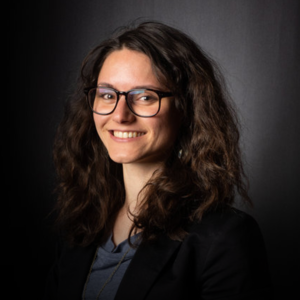About this speaker:
About this leqture:
Work innovations such as ubiquitous communication technology, alternative work arrangements, and hyper-efficiency are revolutionizing our work experiences, making it easier to share information, collaborate with others, and achieve more with less effort. At the same time, it has become increasingly difficult to draw boundaries between work and other aspects of our lives. On an individual level, working one extra hour one day might not seem hugely problematic, but when amplified across time, failure to disconnect from work carries enormous costs to individuals and society at large. In this interaction session you will learn about some of the hidden and unintended costs of work innovations such as increased work flexibility. You will also get insights into how employees and leaders can co-create a better future of work where work innovations benefit both performance and well-being.
Plan a meeting
Book a time to chat
Book a timeslot to chat with Micha about how Leqture can help you engage, educate and inspire your talents and leaders through live, online learning sessions held by global experts.
